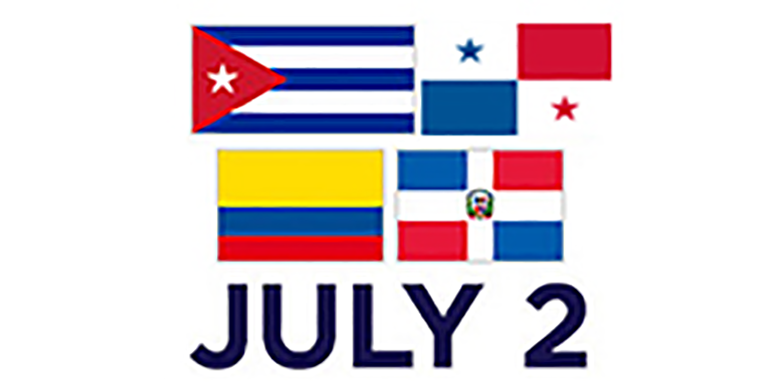The Twins might have just discovered the next Eddie Rosario.
According to industry sources, the Twins and outfielder Emmanuel Rodriguez, No. 8 on MLB Pipeline¡¯s Top 30 International Prospects list, have agreed on a contract worth $2.5 million.
The club has not confirmed the deal.
Rodriguez, a left-handed hitter from the Dominican Republic, profiles as a center fielder, but could end up at one of the corner-outfield spots.
Here¡¯s what we know: Rodriguez is athletic with a strong body and a medium frame. He has shown a solid hitting approach and advanced knowledge of the strike zone for a 16-year-old.
He has an efficient swing that creates lots of backspin and generates power to all fields. He also has natural instincts and a real feel for the game, specifically hitting.
Rodriguez can cover some ground in the outfield, and he has a strong arm with excellent action that could make him a plus defender in the future. Overall, he has a skill set comparable to a young Rosario.
The Twins have also been linked to powerful corner outfielder Malfrin Sosa of the Dominican Republic for $900,000, and they¡¯re also expected to sign infielder Yonardy Soto of the Dominican Republic for $550,000 and Dominican infielder Breillin Ramirez for $400,000.
According to the rules established by the Collective Bargaining Agreement, clubs that receive a Competitive Balance Pick in Round B of the Rule 4 Draft are allotted $6,481,200 for spending on international prospects, while clubs -- like the Twins -- that receive a Competitive Balance Pick in Round A of the Rule 4 Draft are limited to $5,939,800 for spending on international prospects.
Teams are allowed to trade as much of their international pool money as they would like, but can only acquire 60 percent of a team's initial pool amount. Additionally, signing bonuses of $10,000 or less do not count toward a club's bonus pool, and foreign professional players who are at least 25 years of age and have played in a foreign league for at least six seasons are also exempt.
Under the previous system, teams were penalized for exceeding their bonus pools with consequences that ranged from taxes on their spending to the maximum penalty, which was being prohibited from signing any prospect for more than $300,000 during the next two signing periods. That¡¯s no longer the case and there are no longer penalties. Teams can only spend their allotted bonus pools and the monies acquired via trade.

